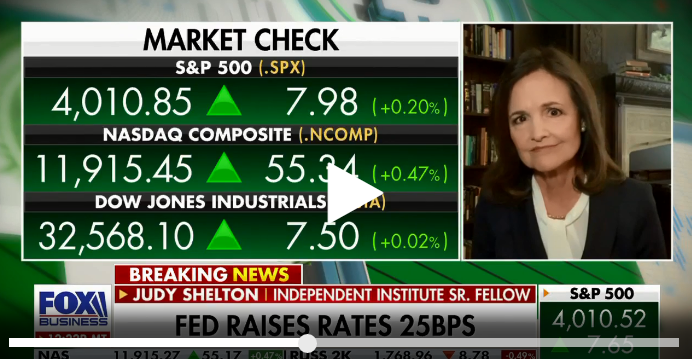[...]
Over the next six to nine months, banks will be working through the rate issue. So maybe margins will bottom in the next quarter, and then start to improve as asset yields start to catch up with the rise in deposit rates, or cost of funds.
[...]
I’m not sure if the stocks will go down another 30% or another 3%; maybe they have already bottomed. The banks have fundamental headwinds. However, they aren’t life-threatening headwinds. They are just earnings-threatening, to some degree, and they are valuation-threatening.
~ David Ellison, portfolio manager, Hennessy Funds, "Trouble Ahead For Financials. Where to Hide," Barron's, April 29, 2023






















